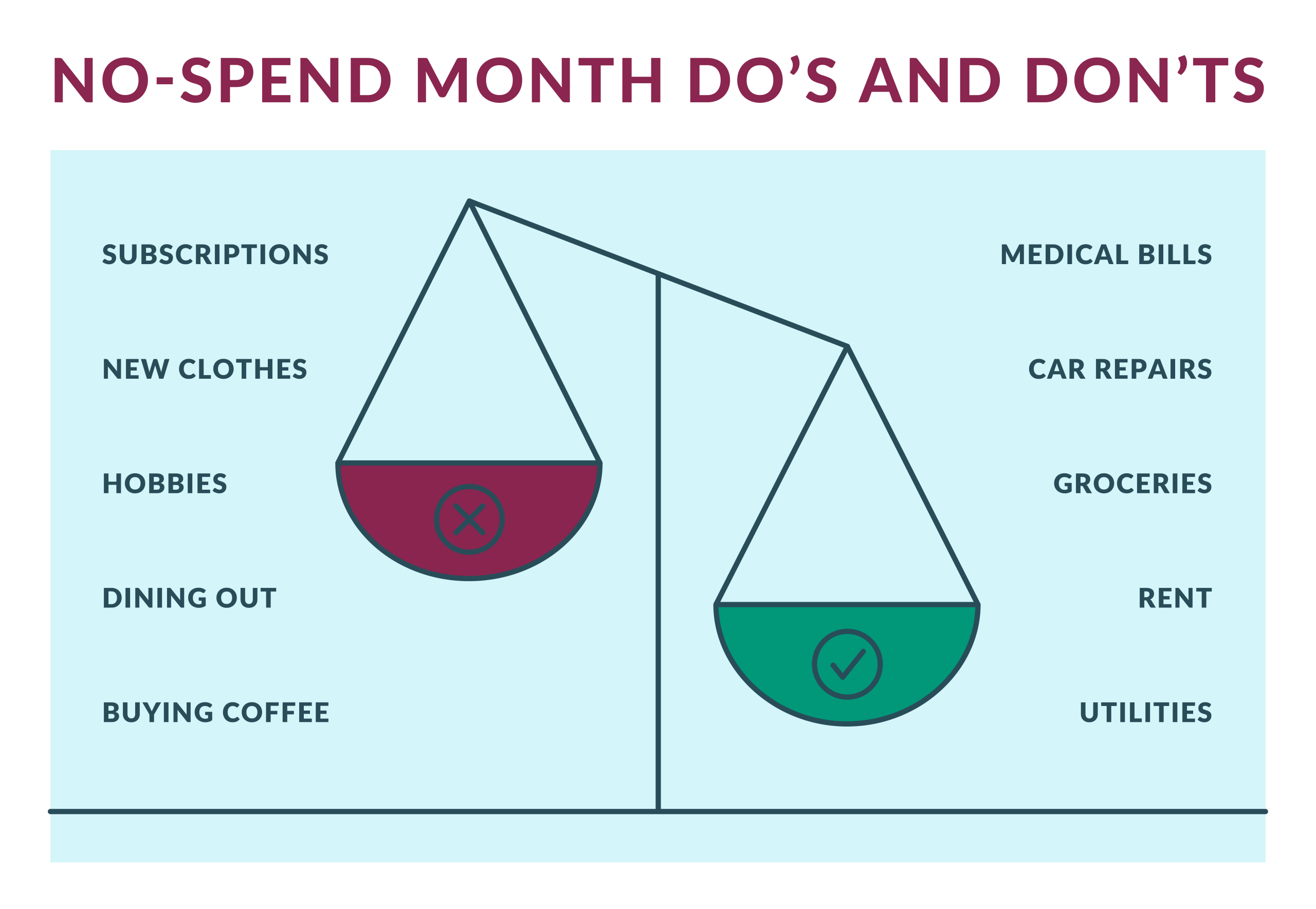Anúncios
When it comes to taking out mortgage loans and buying a home in the United States, having an unfavorable financial history can make the process difficult.
However, there are several options for home loans for bad credit that help buyers achieve the dream of homeownership, even with below-average credit scores.
This article highlights the types of loans available, their criteria, and which one may be the best option for those facing this situation.
What is the lowest credit score to buy a house?
In the U.S., credit scores are evaluated using the FICO model, which ranges from 300 to 850 points. Generally, the numbers are:
- Good or excellent credit: 670 or higher.
- Fair credit: Between 580 and 669.
- Bad credit: Below 580.
Although most lenders prefer a credit score above 620, there are specific programs that accept candidates with lower scores.
Some mortgage loans, such as FHA loans, allow buyers to be approved with a score as low as 500, as long as they meet other financial requirements.
What are the types of home loans for bad credit?
There are several home loans for bad credit, and each type caters to different needs and financial profiles. Below, we explore the main options.
FHA Loan
FHA loans (Federal Housing Administration) are one of the best options for those with bad credit.
Guaranteed by the government, they minimize risk for lenders, allowing buyers with low credit to be approved.
Thus, it is recommended for those with a credit score between 500 and 579, but who have the resources for a larger down payment.
The low credit score and down payment requirements attract buyers who do not qualify for conventional loans.
It is important to note that mortgage insurance (PMI) is mandatory and can significantly increase the monthly cost. It is required throughout the duration of the loan for those with a down payment of less than 10%.
Main requirements:
- Minimum score of 500 (with 10% down payment) or 580 (with 3.5% down payment).
- Proof of stable income.
- Mortgage insurance required (PMI).
Advantages:
- Competitive interest rates.
- Low down payment.
- Accessible for first-time homebuyers.
VA Loan
VA loans (Veterans Affairs) are exclusive to veterans, active military personnel, and their families.
Since they are guaranteed by the Department of Veterans Affairs, lenders take on less risk and can offer extremely favorable terms.
Thus, it is the ideal option for military members or veterans with bad credit who wish to buy a home without needing a down payment.
Main requirements:
- Eligible military history.
- Minimum credit score usually around 580 (varies by lender).
Advantages:
- No down payment.
- No monthly mortgage insurance.
- Reduced interest rates.
Conventional Loan
Conventional loans are not government-backed and generally require higher credit scores. However, there are special programs for those with bad credit.
These are available through banks and private institutions and may be accessible to those with limited credit history, depending on the down payment.
Providing a down payment of 20% or more can help avoid private mortgage insurance (PMI), making the loan more affordable in the long run.
Therefore, they are suitable for buyers with bad credit but who can make a larger down payment.
Main requirements:
- Minimum score of 620.
- 20% down payment to avoid private mortgage insurance (PMI).
Advantages:
- No loan limit (as long as approved).
- Fixed or adjustable rates.
USDA Loan
U.S. Department of Agriculture (USDA) loans are designed for rural or suburban areas. They do not require a down payment and offer competitive rates.
One of the main features of these loans is that the property must be in an area eligible by the USDA.
Thus, this can limit the number of available properties, but it is a unique opportunity for buyers seeking tranquility outside urban areas.
Therefore, for those looking for properties in rural or suburban areas and who have bad credit but meet income criteria, this is an option.
Main requirements:
- Minimum score of 640 for automatic approval (variations may occur).
- The home must be located in an eligible USDA area.
- The buyer’s income must meet USDA guidelines, which are typically based on the area’s median income.
Advantages:
- No down payment required.
- Competitive interest rates.
- No private mortgage insurance (PMI) required.
Non-Qualified Mortgage (Non-QM)
Non-qualified mortgages are alternatives for those who do not meet traditional approval criteria. As such, they are offered by private lenders and come with flexible requirements.
They are suitable for individuals with poor credit who do not qualify for other types of loans.
For self-employed individuals, freelancers, or those with irregular income, these loans provide the necessary flexibility, as they allow income verification through bank statements or invoicing.
Key Requirements:
- No mandatory minimum credit score, but with higher interest rates.
- Proof of repayment ability is required.
Advantages:
- Flexibility in approval criteria.
- Useful for self-employed individuals or professionals with irregular income.
Fannie Mae HomeReady
The HomeReady program by Fannie Mae is designed for low-income buyers, offering access to reduced rates and requiring low down payments.
It is ideal for individuals with fair credit who are seeking an affordable alternative.
The program promotes financial education by requiring buyers to complete a homeowner education course, which can be a positive differentiator in managing the financing process.
Key Requirements:
- Minimum credit score of 620.
- Income limitations based on the region.
Advantages:
- Ideal for first-time homebuyers.
- Low down payment (starting at 3%).
Freddie Mac Home Possible
Similar to HomeReady, Freddie Mac’s Home Possible targets low-income buyers. The program offers favorable conditions for those who struggle to meet conventional criteria.
This alternative serves those seeking an affordable loan with poor or average credit.
Additionally, it allows the income of other household members, such as relatives or tenants, to be included to meet eligibility criteria, which can increase the chances of approval.
Key Requirements:
- Minimum credit score of 620.
- Income limitations based on regional averages.
Advantages:
- Competitive rates.
- Low down payment.
What is the easiest home loan to get approved for with bad credit?
FHA loans are often considered the most accessible option for those with bad credit.
Their flexibility regarding credit score requirements, combined with reduced down payment options, makes this program a popular choice.
For those who qualify, VA loans are also highly advantageous, thanks to the absence of a down payment and low financing costs.
Finding the right type of home loans for bad credit can seem complicated, but there are viable options to suit different profiles.
Exploring programs such as FHA, VA, USDA, or even private alternatives can help you achieve the dream of homeownership, even with an unfavorable financial history.
Always consult a mortgage specialist to explore the best options for your situation.
For more information on finances, loans, mortgages, and credit scores, keep following us! Find out how to improve your credit score for a mortgage.






